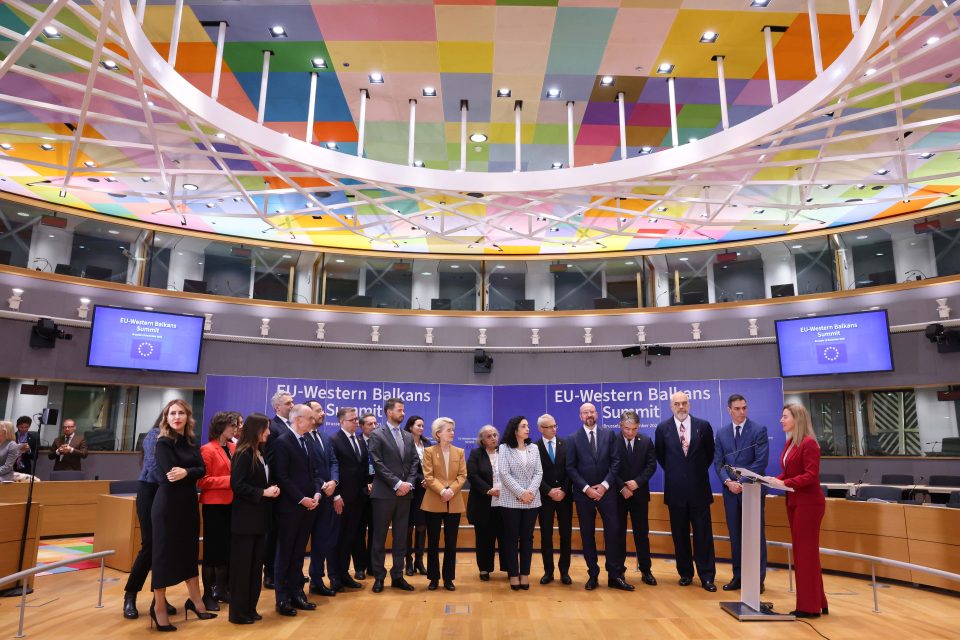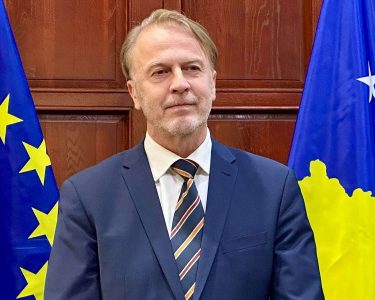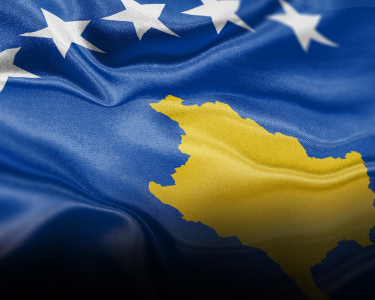“At least half of the overall envelope will be supporting infrastructure investments and connectivity, including transport, energy and green and digital transitions. The remaining part of the loans will be released as direct support to the national budgets”, the European Commission states for EWB (European Western Balkans), explaining the mechanisms of spending money from the Growth Plan for the Western Balkans.
The first funds from this financial instrument are expected to be released soon, after the European Commission officially approves the Reform Agendas submitted by Albania, Montenegro, North Macedonia, Serbia and Kosovo. On the other hand, it is uncertain whether Bosnia and Herzegovina will receive the money at the same time because this country is late with the adoption of the Reform Agenda.
The EU intends to allocate seven per cent of the total funds from the Growth Plan to all partners in the Western Balkans who adopt the valid Reform Agendas, as pre-financing. This facility, covering the period 2024-2027, is an EU financial mechanism worth six billion Euros, adopted with the aim of doubling the economic growth of the region in the next ten years.
Of the total amount, two billion Euros will be distributed as grants, and the remaining part, four billion Euros, in the form of loans with favourable interest rates. It is estimated that Serbia will receive 1.58 billion Euros, Bosnia and Herzegovina 969 million, Albania 922 million, Kosovo 888 million, North Macedonia 807 million, and Montenegro 383.5 million.
Speaking about the procedures for releasing the funds from the Growth Plan, the European Commission states for EWB that it “will be conditional upon the successful implementation of Reform Agendas, covering both reforms in the fundamentals area and socioeconomic reforms, in close cooperation with the European Commission”.
“Funds under the Facility should be released according to a fixed semi-annual schedule, based on a request for the release of funds submitted by the partners and following the verification by the Commission of the satisfactory fulfilment of both the general conditions related to macro-financial assistance, sound public financial management, transparency and the oversight of the budget and the relevant payment conditions, and under the pre-conditions that beneficiaries uphold democratic principles and human rights”, the EC says.
The European Commission adds that, in the Reform Agendas, “reforms are split into quantitative and qualitative steps, which will serve as payment conditions, and each step has a timeline of implementation”.
“Facility and loan agreements will include obligations for beneficiaries to undertake appropriate measures to prevent, detect and correct fraud, corruption, conflicts of interests and irregularities affecting the financial interests of the Union, to avoid double funding and to take legal action to recover funds that have been misappropriated, the collection of adequate data on the recipients of funds under the Facility and the rights to be granted to the Commission, the European Anti-Fraud Office (OLAF), and the European Public Prosecutor’s Office (EPPO) where applicable”, the EC clarifies.
Finally, the European Commission stresses that the EC “may reduce or recover amounts if the financial interests of the Union are affected or if the beneficiaries are in serious breach of an obligation stemming from the agreements concluded under the Facility”.








